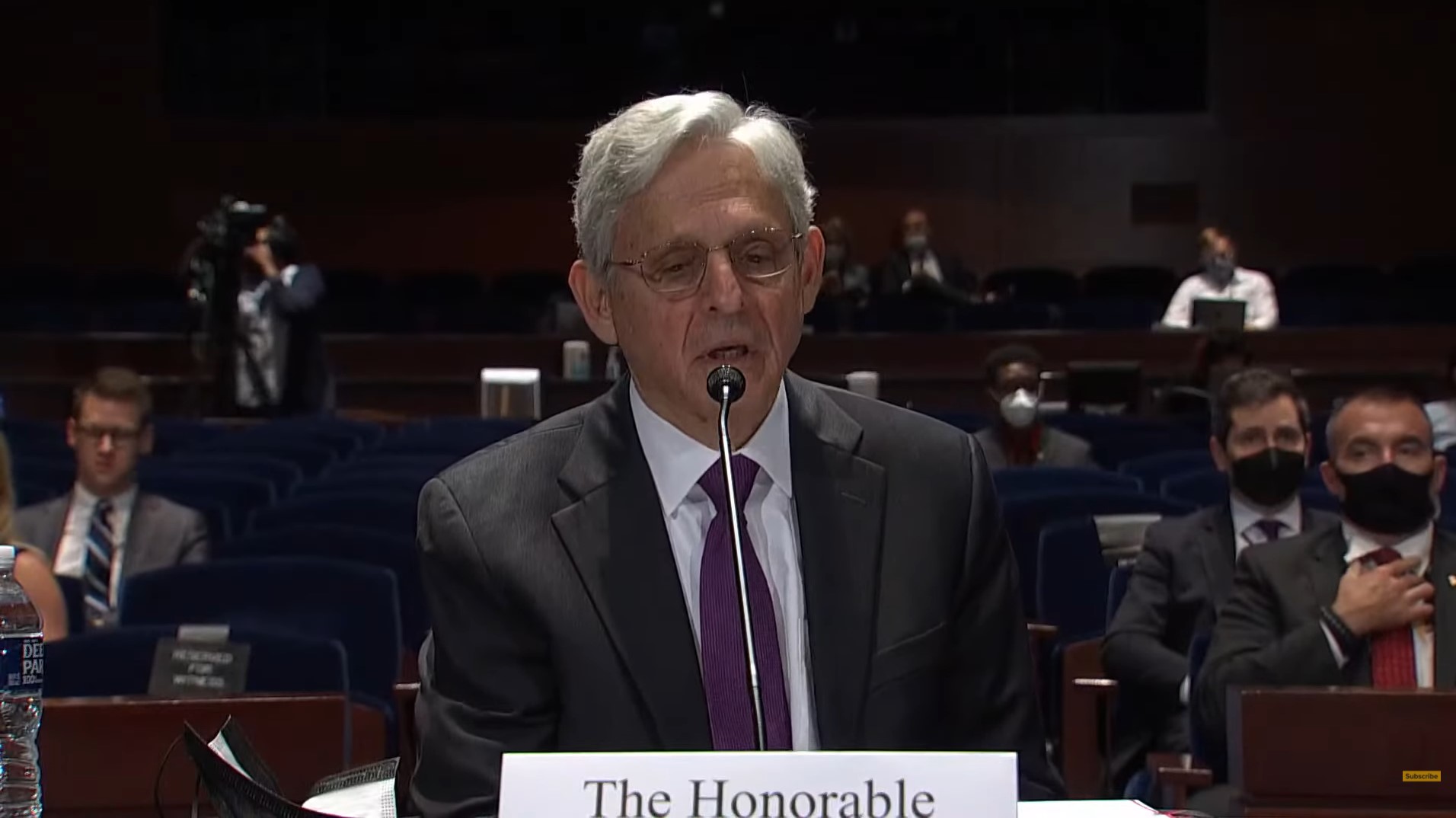Imagine this: the halls of Congress echoing with a dramatic shift in power dynamics, as lawmakers contemplate an unprecedented move—arresting Attorney General Merrick Garland. Kash Patel, former Deputy Assistant to President Trump, recently dropped this bombshell, suggesting Congress could legally detain the nation’s top legal officer. Buckle up, because this political thriller is just getting started.
During a recent interview, Patel didn’t mince words. He laid out a sensational scenario where Congress might exercise its seldom-used but legitimate powers to hold Garland accountable for alleged misconduct. “If Congress finds that the Attorney General has committed contempt or any other offense, they have the authority to arrest him,” Patel declared. It’s a statement that’s sure to raise eyebrows and set tongues wagging across the political spectrum.
So, what’s fueling this high-stakes drama? At the heart of it lies a growing frustration among lawmakers over what they perceive as Garland’s failure to impartially uphold justice. Critics argue that Garland has mishandled several high-profile cases, from the Hunter Biden investigation to controversial decisions on immigration enforcement. They accuse him of weaponizing the Justice Department for political gain—a claim Garland vehemently denies.
Enter Kash Patel, who argues that the legislative branch must reassert its authority to check and balance the executive, especially when it comes to alleged abuses of power. “Congress has the power of the purse, oversight, and yes, even arrest,” he stated. This revelation isn’t just a provocative soundbite; it’s a potential game-changer in the ongoing battle between the branches of government.
The concept of Congress arresting an executive official isn’t without precedent. Historically, Congress has exercised its inherent contempt powers to detain individuals who defy its authority. Though rarely used in modern times, this power is embedded in the Constitution and has been upheld by the Supreme Court. It’s a reminder that, beneath the surface of procedural politeness, lie potent mechanisms for accountability.
Of course, such a move would be controversial and fraught with legal and political challenges. The optics alone would be explosive, likely triggering a fierce partisan battle and intense media scrutiny. Yet, in an era of heightened political tensions and deepening distrust in institutions, some lawmakers might see this as a necessary step to restore faith in the rule of law.
Patel’s bold assertion leaves us with burning questions: Will Congress muster the political will to pursue such an aggressive tactic? Can they navigate the complex legal landscape to make it happen? And, most importantly, how will Garland and the Biden administration respond?


Leave a Comment